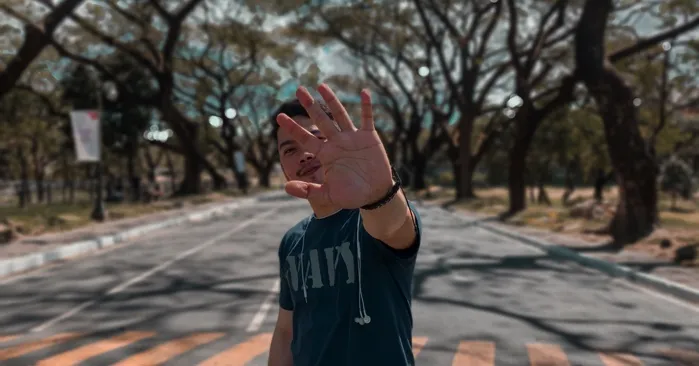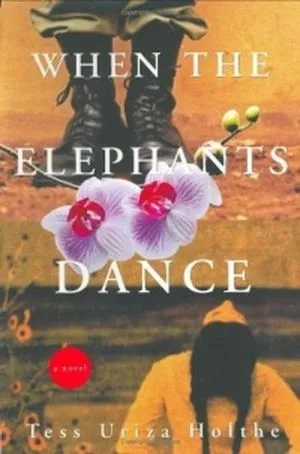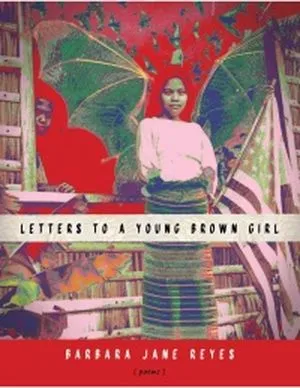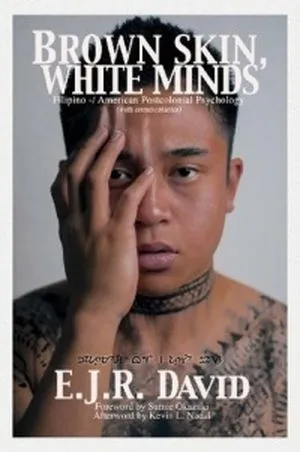
5 Books About Social Justice for Filipino American History Month
As various streets in the United States continue to fill with protests to denounce racial injustice and police brutality, several Filipino American activists marched to demonstrate support for the Black Lives Matter movement. Some also held protests in Los Angeles, New York, and Chicago, among other cities, to counteract Philippine President Rodrigo Duterte’s national address following a controversial passing of the Anti-Terror Law.
Hence, the theme “The History of Filipino American Activism” was fittingly chosen for this year’s Filipino American History Month to reflect “on how the Fil-Am community has been involved in social justice movements over the years.”
To join the celebration this October, here are five books by Filipino Americans—Filipinx—about social justice:
The Farm by Joanne Ramos
Some reviews purport that this one has The Handmaid’s Tale vibes, but it has nothing of that at all.
Ramos’s The Farm revolves around Jane, a Filipino nanny desperate to make ends meet for her baby after losing her job. She signs herself up to the Golden Oaks, or The Farm, in New York, a surrogacy center catering the rich who don’t have time to conceive babies. Surrogate mothers like Jane are paid handsomely and are taken care of for nine months. But despite the comforts, they are being treated like prisoners.
This is Ramos’s debut novel.

Patron Saints of Nothing by Randy Ribay
Duterte’s infamous drug war has killed thousands of innocent Filipinos, according to reports. This book explores his atrocities through a young adult mystery novel.
Patron Saints of Nothing follows 17-year-old Jay Reguero who travels all the way to the Philippines to investigate what happened to his cousin, Jun, who died as a victim of Duterte’s war on drugs. The book also delves into Jay’s identity crisis as a Filipino American.
Garnering starred reviews from several publications, this coming-of-age novel is timely and relevant in this day and age where fatal police violence is common.
Brown Skin, White Minds: Filipino -/ American Postcolonial Psychology by E.J.R. David
As a Filipino myself, the title of the book feels accurate in some ways. It speaks so much about the majority of Filipinos today.
Brown Skin, White Minds is divided into three parts: “In the Beginning, “The Aftermath,” and “Decolonization in a Modern World.” It explores a little bit of Philippine history—from pre-colonial to post-colonial—to explain why Filipinos have colonial mentality and internalized oppression.
This book is an eye-opening treatise on the Filipino psyche.

When the Elephants Dance by Tess Uriza Holthe
When my grandmother was still alive, she once told us a story of how she and her family hid underground during the Japanese occupation of the Philippines during World War II. The Japanese soldiers killed hundreds of thousands of civilians back then.
This is the story behind this book; Holthe was inspired to write about her father’s experiences being tortured during the war.
When the Elephants Dance follows the Karangalan family who hides in a basement to avoid being captured by the Japanese soldiers. To pass the time, they tell each other stories.
This is a magnificent and beautifully told tale.

Letters to a Young Brown Girl: Poems by Barbara Jane Reyes
“What if I told you that you don’t have to do as you’re told,” writes Reyes.
This empowering—albeit short, at only 72 pages—poetry collection packs a punch. The poems inspire young brown girls in white America to break their silence and speak for themselves. The mood of the collection evokes a feeling of being courageous and powerful.
This is the only poetry collection in the list, and it deserves your attention.
The five books aforementioned delve deeper into important and sensitive issues such as slavery, colonization, loss of freedom and independence, identity, and human rights violations. Do you want more books like the ones above? Here are 5 Books By Women to Read During Filipino American History Month.













